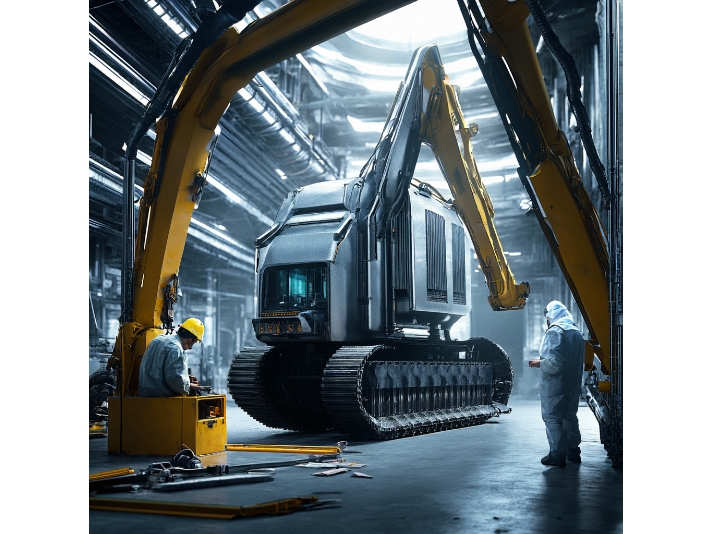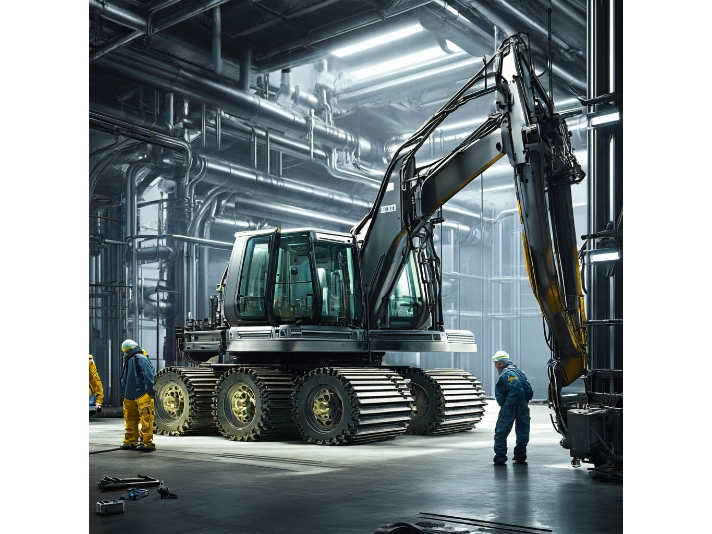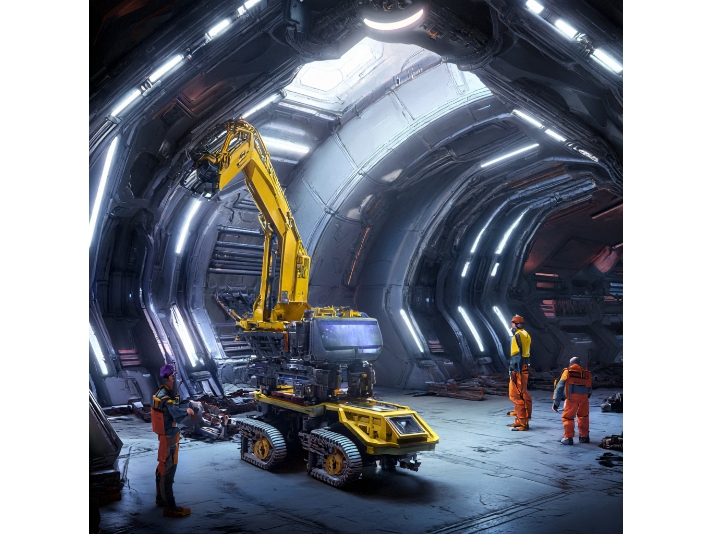Recommend Products
-
$34,000$33,450
-
$75,800$80,000
-
$35,000$36,000
-
$29,000$30,000
As one of the core assemblies of the excavator, the engine is also the most important part. It is inevitable that some accidents will cause downtime during use. Here we analyze four common faults in our daily use and the causes. At present, the engine technology is advanced, and the fuel economy and stability have been further improved, but there are still occasional faults and other parts that affect the normal use of the excavator. When using an excavator, you need to understand the price reasons that may cause the faults to facilitate later elimination.

1. Insufficient power
This type of problem usually occurs in old excavators. Long-term use of some accessories may cause aging and wear, which may lead to insufficient power output. First, check whether the fuel pump and fuel pipeline are blocked, as well as the fuel injector. The fuel injector is currently the part with a higher failure rate. It is very common to use inferior diesel and inferior fuel filters to cause the fuel injector to be blocked. Check the air filter. Insufficient air intake leads to supercharger failure, which can also lead to insufficient power. Cooling system failure leads to excessively high water temperature. This needs to be checked during the period of high temperature. Insufficient engine oil can also lead to insufficient engine power.

2. Difficulty in starting
If there is a problem with the engine starting, check whether the battery and the line are loose, check whether the fuel pump is working properly, and check whether there is leakage in the fuel line. If the cylinder of the engine is worn, the piston ring is worn, and the valve is not closed tightly, it will also affect the normal start of the engine. If it is difficult to start for a long time, do not start frequently to cause battery power supply and starter motor damage, and find the problem in time.
3. Engine overheating
This problem is the most serious among the four situations, and the troubleshooting is relatively complicated. First, check whether the equipment cooling system is normal. Insufficient coolant, radiator blockage, and stable operation of the cooling fan will cause the engine to overheat. If the thermostat fails, the coolant cannot circulate normally. The water pump has a low failure rate, but the unstable operation of the water pump causes the coolant to be unable to circulate normally in the engine, affecting heat dissipation. Being in load pressure working mode for a long time will also cause the engine temperature to be too high. This is common in old equipment. The heat dissipation and performance of the new excavator are still very reliable.

4. Abnormal noise in the engine
Excluding external causes, whether the engine has been working for a long time, whether the connection is loose and the belt is loose, which will also cause abnormal noise in the engine position. Excluding external factors, the wear and aging of internal parts such as internal pistons and connecting rods will cause gaps in the sealing of the connection and unloading, which will also cause abnormal noise. Improper valve clearance will cause knocking sounds and abnormal airflow sounds. Incorrect working time of the injector will cause knocking sounds in the engine. Bearing damage will cause accelerated wear between the crankshaft and the connecting rod, but the engine will make abnormal noises.
In addition to the above 4 points, the engine failure can be roughly judged by observation. If the problem is serious, please contact a professional engineer in time for troubleshooting and repair, and shut down as soon as possible to avoid further damage to the engine. Nowadays, the engine failure rate is extremely low. Maintaining good maintenance habits can greatly increase the service life of the excavator.